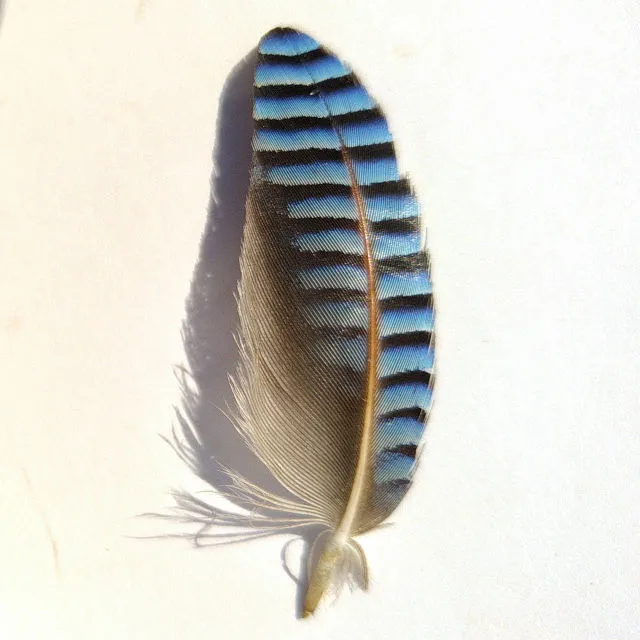
Do you, by some chance, mean c/ukraine on sopuli and people cheering to the real-life gore that keeps being posted there, and users getting banned for their ethical concerns about it?
e: It can be pointed out that it’s even worse here than on platforms run by single companies. With those, the admins themselves will mostly not have a stake in the company but they themselves will be employees, which in theory would enable the company to hire ehtically vetted/trained personnel. Whereas here, the admins are likely be tech people who know how to run a server but might otherwise be overwhelmed with ethical conducting, or put their own political teint onto their platform, respectively. Lemmy has been deliberately set up in such a way.
Add to that the lack of good moderation tools. Many of the issues people are complaining about are prely technical, though; what is displayed in UI and database functionality. Such things could be solved though, by actually hiring some capable software developers (takes substantial funding), or by having it done bit by bit. Would there be enough people with enough faith in Lemmy to substantially contribute


Looks as if someone were training a trolling bot with this account.